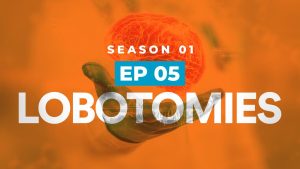Retirement, often considered a period of late-life decline, can actually be a time of cognitive growth and prosperity.
When we retire, all the neurologically stimulating aspects of our working life — the mental and physical challenges, socializing and strategizing with colleagues, etc. — can disappear overnight.
An abrupt lifestyle change of this magnitude can be taxing for our brains, but with the right preparation, our twilight years can truly be the best of our lives.
In this episode of ‘Your Brain On…’, we discuss:
- The neurological impacts of retirement
- What we can learn from how different cultures approach retirement
- How building our cognitive reserve can protect our brains as we age
- The future of research into the neuroscience of retirement
- Why minority populations often disproportionately struggle with retirement
We’re joined by FOUR experts in the field of cognitive aging:
DR. YAAKOV STERN: professor of neuropsychology at Columbia University, and a pioneer of the concept of cognitive reserve
DR. AMANDA SONNEGA: Research Scientist at the University of Michigan
DR. SHERVIN ASSARI: Director of Research, Public Health at Charles Drew University of Medicine and Science
DR. ALAN GOW: head of The Ageing Lab at Heriot-Watt University in Scotland
Links
Dr. Yaakov Stern
Dr. Amanda Sonnega
Dr. Shervin Assari
Dr. Alan Gow











